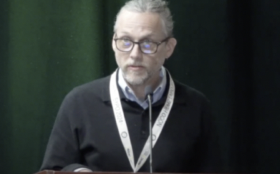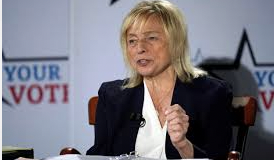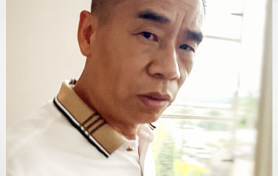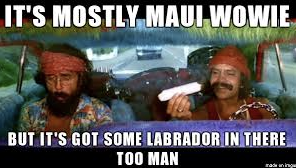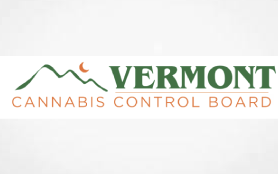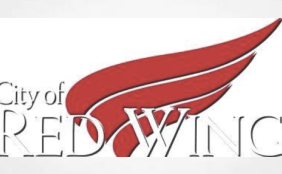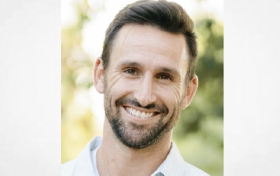Authored By: William F. McDevitt, Esq.
The cannabis industry in Pennsylvania and New Jersey will see increased growth this summer. Pennsylvania issued an additional 13 grower/processor licenses on July 31, 2018, and is expected to issue 23 dispensary licenses by the end of August. New Jersey has solicited applications for six new dispensaries to be distributed across the state (unlike Pennsylvania, New Jersey dispensaries combine growing/processing and sales at a single location).
As cannabis businesses expand, they often face difficulties in securing local government approvals. In Pennsylvania, zoning boards and municipal governments have been known to raise last-minute challenges to companies that had already obtained approval at the state level. Most notably, Restore Integrate Wellness Center, a dispensary operating in the Fishtown section of Philadelphia, had a difficult time finding a suitable location due to a local ordinance that prohibited any dispensing within 500 feet of a school or daycare center. This limitation was later waived after numerous public hearings and negotiations with members of Philadelphia’s City Council. A second dispensary, Liberty Cannabis, opened in Northeast Philadelphia with less difficulty, but still faced considerable local scrutiny.
In New Jersey, there are 16 municipalities that have banned dispensaries entirely. A number of other municipalities have introduced or are considering similar legislation. It is believed that many of these local ordinances were passed in reaction to New Jersey Governor Phil Murphy’s election promise to expand the state’s medical marijuana program. New Jersey’s 2010 medical marijuana law was not supported by Governor Chris Christie, a former federal prosecutor who many believe intentionally impeded the approval of cannabis dispensaries and implemented barriers to physician and patient registration.
Local prohibition of cannabis in New Jersey should not be entirely surprising. Thirty-five New Jersey municipalities prohibit the sale of alcohol. But unlike alcohol, New Jersey law recognizes cannabis as a prescription medication. While a small number of municipalities in New Jersey oppose legalization of cannabis, none is seeking to prohibit use of medical marijuana. Dry municipalities do not prohibit public use of alcohol and allow BYOB restaurants, social affair or catering permits, and even winery/brewery tastings.
While there are a number of dry municipalities in Pennsylvania, it does not appear that any municipalities have issued an outright ban of cannabis grower/processors or dispensaries. Arguably, Commonwealth law does not permit an outright prohibition of a state-licensed cannabis business. That has not stopped several Pennsylvania municipalities from issuing ordinances that restrict dispensaries from operating outside of commercial districts. Fewer local ordinances have targeted grower/dispensaries, which Pennsylvania law restricts to indoor operations.
Municipalities could potentially cause substantial (physical) movement in the cannabis industry this summer. Expect to see a lot of “hearts and minds” advertising and small-scale events as cannabis industries seek to garner grassroots support and avoid local conflict.
About the Author
William F. McDevitt is a partner in the Philadelphia office of national law firm Wilson Elser, where he is a member of the firm’s Cannabis Law practice. He can be reached at william.mcdevitt@wilsonelser.com.
